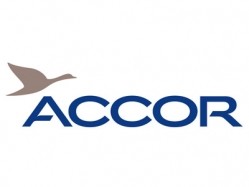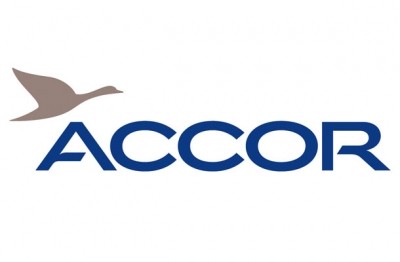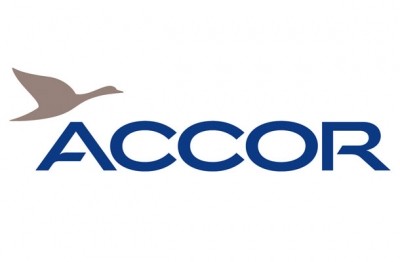Accor overhauls business to improve performance

Sebastien Bazin, who took up his position in August, said this morning that the global hotel operator will be split into ‘HotelServices’ – a hotel operator and brand franchisor – and ‘HotelInvest’ – an owner and investor.
“Accor is a strong and unique group poised to derive benefit from rich opportunities,” said Bazin. “However, it deserves a much higher ambition to create sustained value. It requires the in-depth, rapid transformation of its business model and its organization, as well as a clear and long-term vision.”
Accor, which is responsible for the Sofitel, Mecure, Novotel and Ibis brands in the UK, will now have a more ‘value-oriented and disciplined’ ownership strategy. The newly structured organisation will be based on geography, with an executive committee of 10 members, including five regional heads of operations.
It marks the end of the hotel group’s expansion through leases and there will be no further disposals of owned properties, unless they are ‘underperforming assets’.
HotelServices
HotelServices is a pure fee-oriented and P&L-driven hotel operator and brand franchiser that will comprise Accor’s management & franchise, sales & marketing, distribution and IT departments.
It will operate nearly 3,600 hotels (460,000 rooms) worldwide under 14 brands. Forty-six per cent of its portfolio will be in the economy segment (Ibis, Adagio Access etc), 40 per cent in the midscale segment (Novotel, Mercure , Adagio) and 14 per cent in the luxury/upscale segment (Sofitel, MGallery, Grand Mercure etc).
The high-margin and cash generative business will be driven by three business priorities: -
- Maximise fee generation: By adjusting Accor’s service offer to better meet expectations, focusing on fee generation rather than contract wins
- Accelerate CRM, loyalty and digital services: This will include a better use of OTAs as additional revenue growth partners for the business
- Implement a segmented strategy to strengthen brands: The economy segment will specifically try to capitalise on the success of the Ibis brand; midscale hotels will have an extra focus on innovation to enhance the brand offer and differentiation; and luxury properties will have a new excellence and flagship strategy in key gateways
HotelInvest
HotelInvest will be yield-oriented and balance sheet-driven and will comprise Accor’s owned & leased and shared service activities. It will start with a portfolio of around 1,400 hotels, 300 of which are in full ownership. More than 85 per cent of this portfolio is located in Europe and more than 95 per cent is in the economy/budget and midscale segments.
Owned hotels account for about 50 per cent of the net operating income at inception, but Accor’s objective is to increase this share to over 75 per cent.
HotelInvest’s strategy will be value-oriented and based on four pillars: -
- Build the first hotel investor in the economy and midscale segments in Europe and consolidate the owned hotel base
- Focus on delivering cash-flow and reducing volatility, notably via the reduction of non-performing leases
- Manage and rationalise the asset portfolio with an active approach towards creating value through strategic capex allocation
- Support Accor’s development strategy through selective and profitable ownership and stop the development through lease, with no new contracts signed from now on
Accor is Europe’s largest hotel group with nearly 3,600 hotels and 460,000 rooms worldwide. In April, BigHospitality reported that the group removed Denis Hennequin, its chairman and chief executive, after he disagreed with the board over the speed in implementation of the firm's strategy.





















